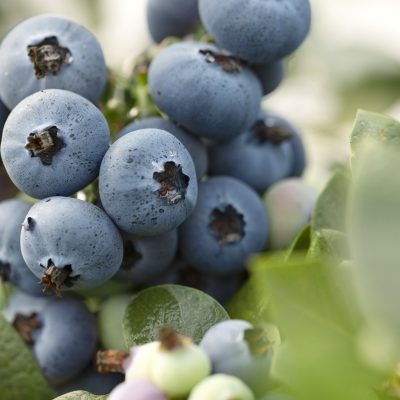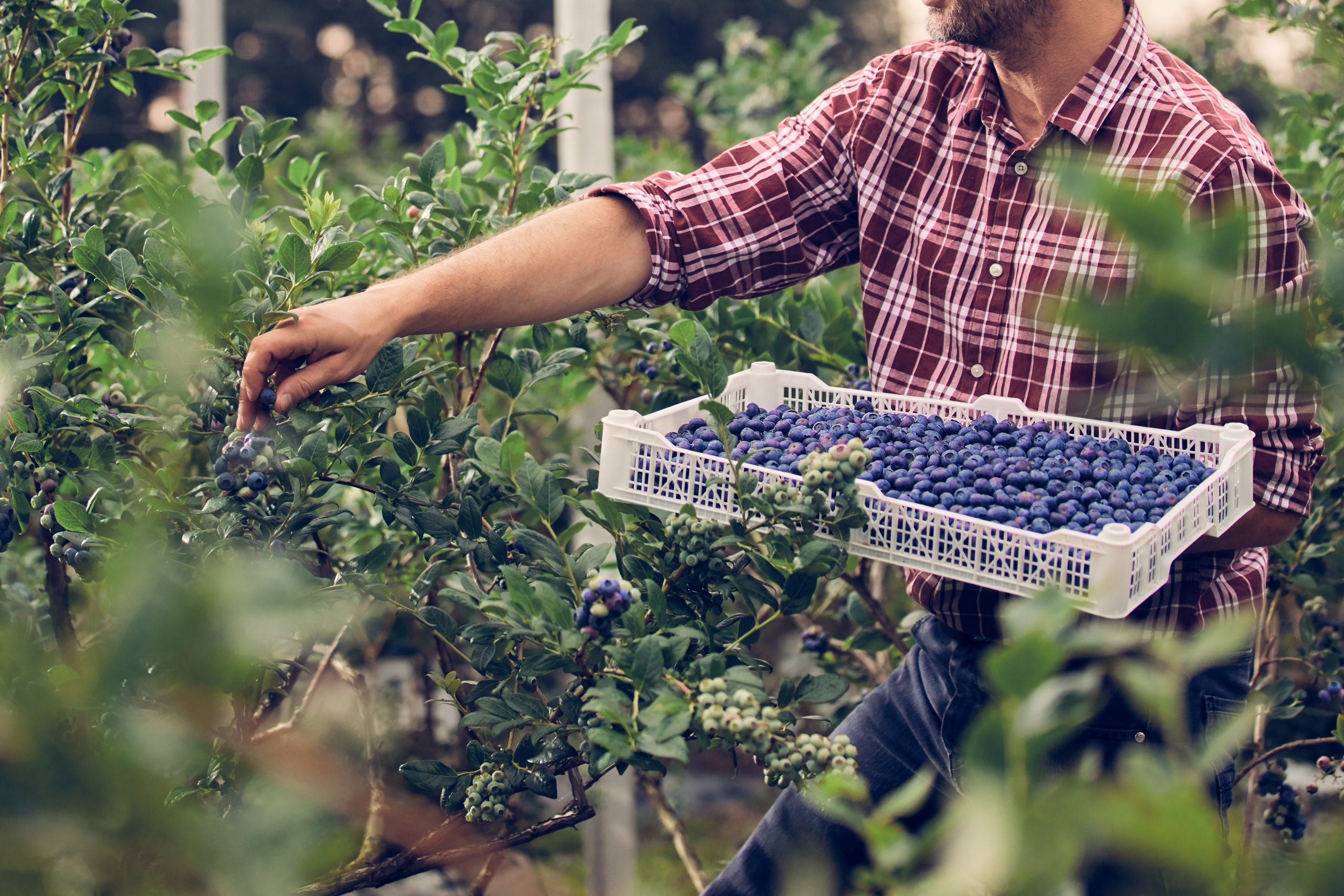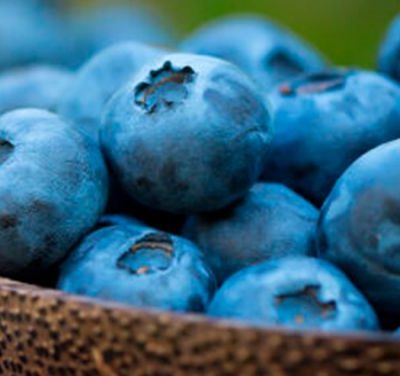Biomass energy fuels growth for U.K.’s Berry Gardens
The U.K.’s largest berry supplier caught up with www.freshfruitportal.com about the use of biomass energy in glasshouses and poly tunnels in a bid to become as eco-friendly as possible – a feat for a co-operative that supplies around one third of the country’s berries. Expanding the market share, sustainable year-round growing practices and a newly opened packing facility are among the current highlights of Berry Gardens, a business focused on meeting the demands of British consumers who want increased availability of great-tasting berries.
With a 30% share of the U.K. market, Berry Gardens is closely monitoring this season’s berries with predictions of an early start due to an exceptionally mild English winter, according to Nicholas Marston, the company’s managing director.
“Crops are in good condition and this, combined with an early start, should mean good yields and level of supply to the market,” Martson said.
Many of the 59 co-operative growers that make up Berry Gardens use biomass boiler techniques to achieve 70% energy savings.
“Several of our growers have now introduced biomass boilers on their farms which convert wood fuels, such as wood pellets, chips or logs, into energy to power heating for glass houses and poly tunnels,” Martson said.
“As the U.K. looks to switch to more sustainable and eco-friendly sources of energy, biomass boilers are becoming increasingly used in place of traditional gas or oil boilers. Biomass boilers can be automatically run through a controlled thermostat enabling heat and energy to be managed efficiently.”
By utilizing wood fuels, Martson said these boilers come with added environmental advantages.
“One of the main benefits of wood pellets is their low CO2 emissions; using them to burn wood pellets produced around the same amount of CO2 that is absorbed by a tree during its life cycle. This makes burning wood pellets an almost carbon neutral process,” he said.
“Some Berry Garden growers even use wood chips from their own farms, making their biomass boiler truly environmentally friendly.”
Late last year Berry Gardens opened a new packing facility in Kent, England, which is also helping to transform the logistics side of the business.
On top of that, the company is looking to develop its partnership with Driscoll’s of Europe. Currently the company exports a limited volume of U.K. berries to the multinational.
“The long-standing partnership with Driscoll’s gives us exclusive access to their proprietary varieties. This means we can consistently deliver outstanding quality and taste,” Martson said.
“U.K. consumers love berries. The really good eating varieties, usually from proprietary breeding programs such as Driscoll’s that focus on improving taste, are increasingly available year round and can clearly be seen to drive increased consumption.”
Growth in online shopping and demand for convenience are also influencing category growth. Above all, food safety and traceability have increased in importance.
“Two years ago we had four lorries full of produce parked up in our yard as there was no fridge space to unload product into. By having four intake bays and now 110,000ft2 of fridge space, we have ample space to unload and hold our product,” he said.
“Within the expansion we now have two packing areas, one of which specializes in blueberries and the other in strawberries and raspberries. We have invested heavily in heat sealing machinery over the past few years since the retail requirements to reduce packaging has led to heat sealing punnets rather than lids.”
Fresh Fruit Portal




